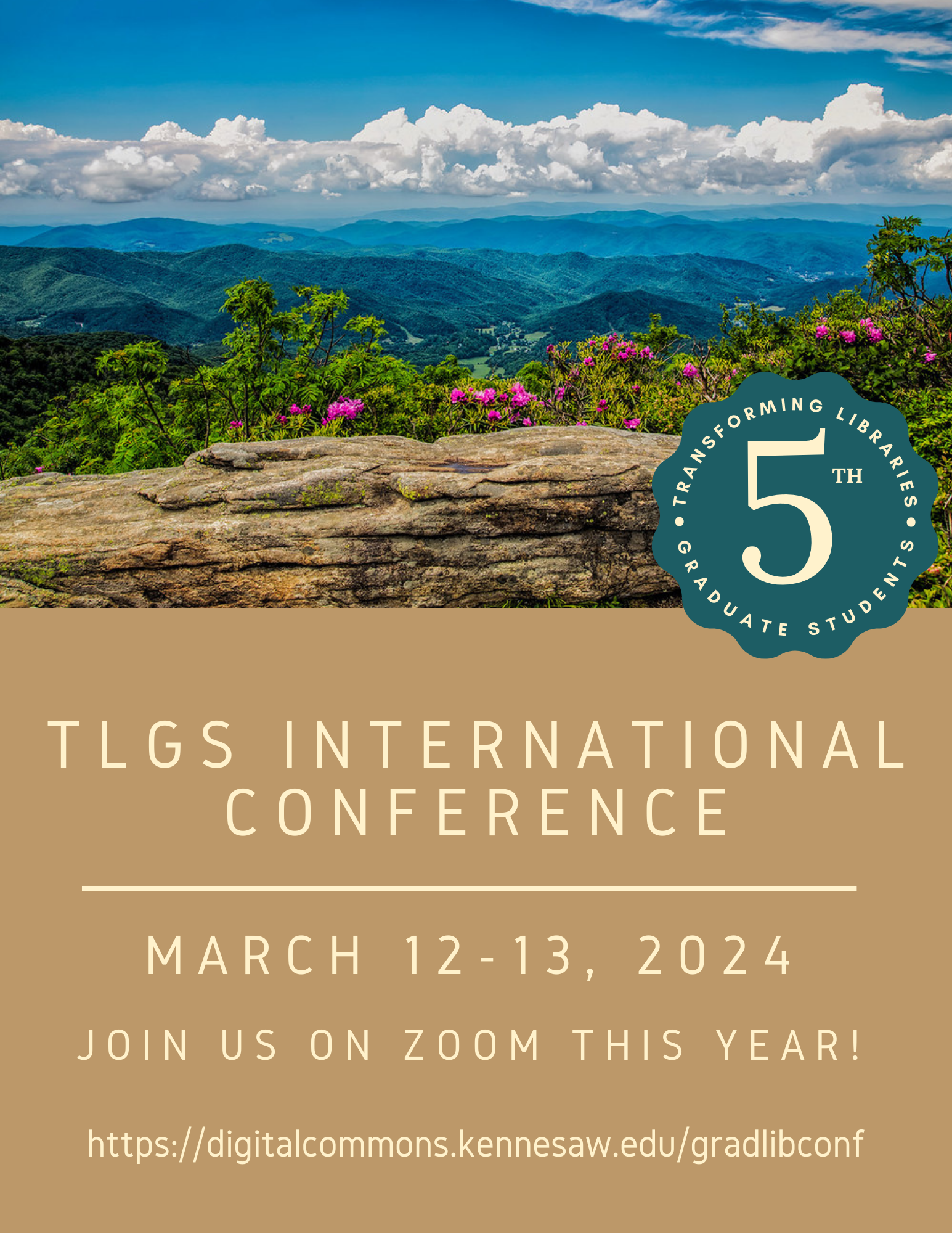Acknowledging Doctoral Students’ Reading Experiences
Start Date
3-22-2018 2:30 PM
End Date
3-22-2018 3:00 PM
Description of Proposal
Despite the ubiquity of images, sound, and other media, written text holds firm as the principal means of transmitting information in many doctoral programs. As graduate librarians, we offer guidance with numerous information delivery systems, most of which require navigating text at some point. Graduate librarians are well positioned to acknowledge and even to help dispel the assumption that doctoral students, having been accepted into advanced study, are proficient readers. My purpose is to shine a light on doctoral students’ reading experiences, supported with results from a small-scale study of graduate students’ perceptions of reading academically. Many times, graduate students must read unfamiliar, complex language in order to develop the discursive practices of the academy and their research fields. Seemingly, they must learn advanced reading techniques and secondary discourses on their own. On the other hand, those of us who have been reading for a long time unconsciously deploy sophisticated reading strategies; we may be unaware that we can support graduate students’ efforts to learn skills that we take for granted. The aim of this presentation is to make visible graduate students’ reading practices and experiences, in particular those of doctoral students of music who must confront many forms of scholarly rhetoric. Participants will be invited to share their own academic reading practices and to reflect on assumptions regarding doctoral students’ reading abilities. I will provide a few tools that graduate librarians may wish to offer doctoral (and other) students.
Handout 1 - Metacognitive Assessment of Reading Strategies Inventory
RGreen_reading activity.pdf (187 kB)
Handout 2 - Reading Activity
Acknowledging Doctoral Students’ Reading Experiences
RM 460
Despite the ubiquity of images, sound, and other media, written text holds firm as the principal means of transmitting information in many doctoral programs. As graduate librarians, we offer guidance with numerous information delivery systems, most of which require navigating text at some point. Graduate librarians are well positioned to acknowledge and even to help dispel the assumption that doctoral students, having been accepted into advanced study, are proficient readers. My purpose is to shine a light on doctoral students’ reading experiences, supported with results from a small-scale study of graduate students’ perceptions of reading academically. Many times, graduate students must read unfamiliar, complex language in order to develop the discursive practices of the academy and their research fields. Seemingly, they must learn advanced reading techniques and secondary discourses on their own. On the other hand, those of us who have been reading for a long time unconsciously deploy sophisticated reading strategies; we may be unaware that we can support graduate students’ efforts to learn skills that we take for granted. The aim of this presentation is to make visible graduate students’ reading practices and experiences, in particular those of doctoral students of music who must confront many forms of scholarly rhetoric. Participants will be invited to share their own academic reading practices and to reflect on assumptions regarding doctoral students’ reading abilities. I will provide a few tools that graduate librarians may wish to offer doctoral (and other) students.




What takeaways will attendees learn from your session?
Keywords
Doctoral students – Reading; Graduate student reading experiences; Graduate librarians